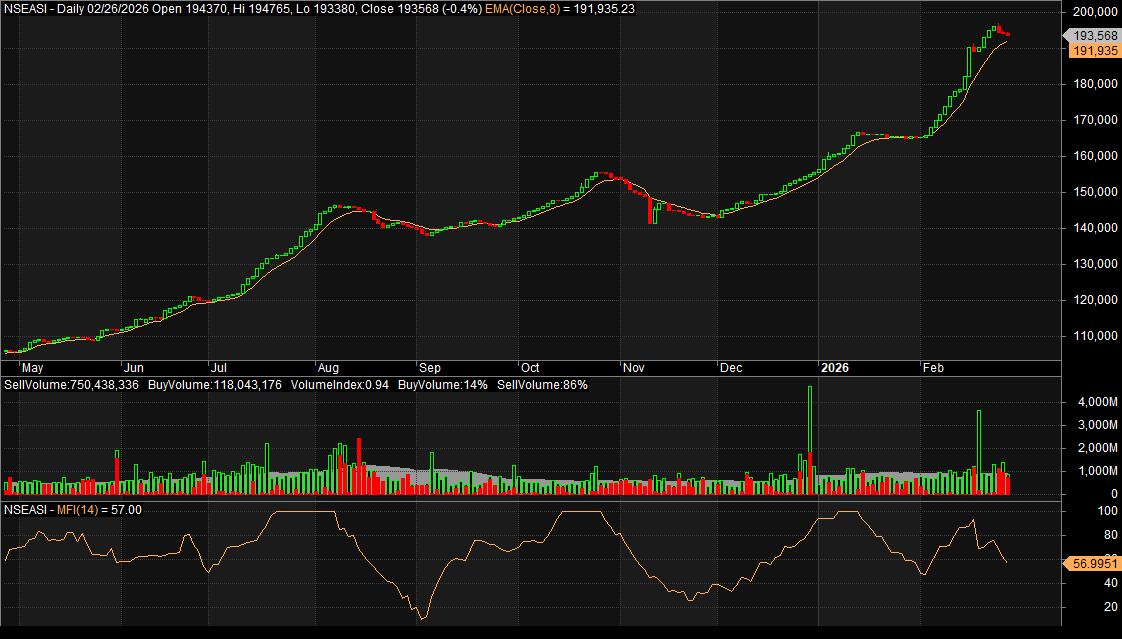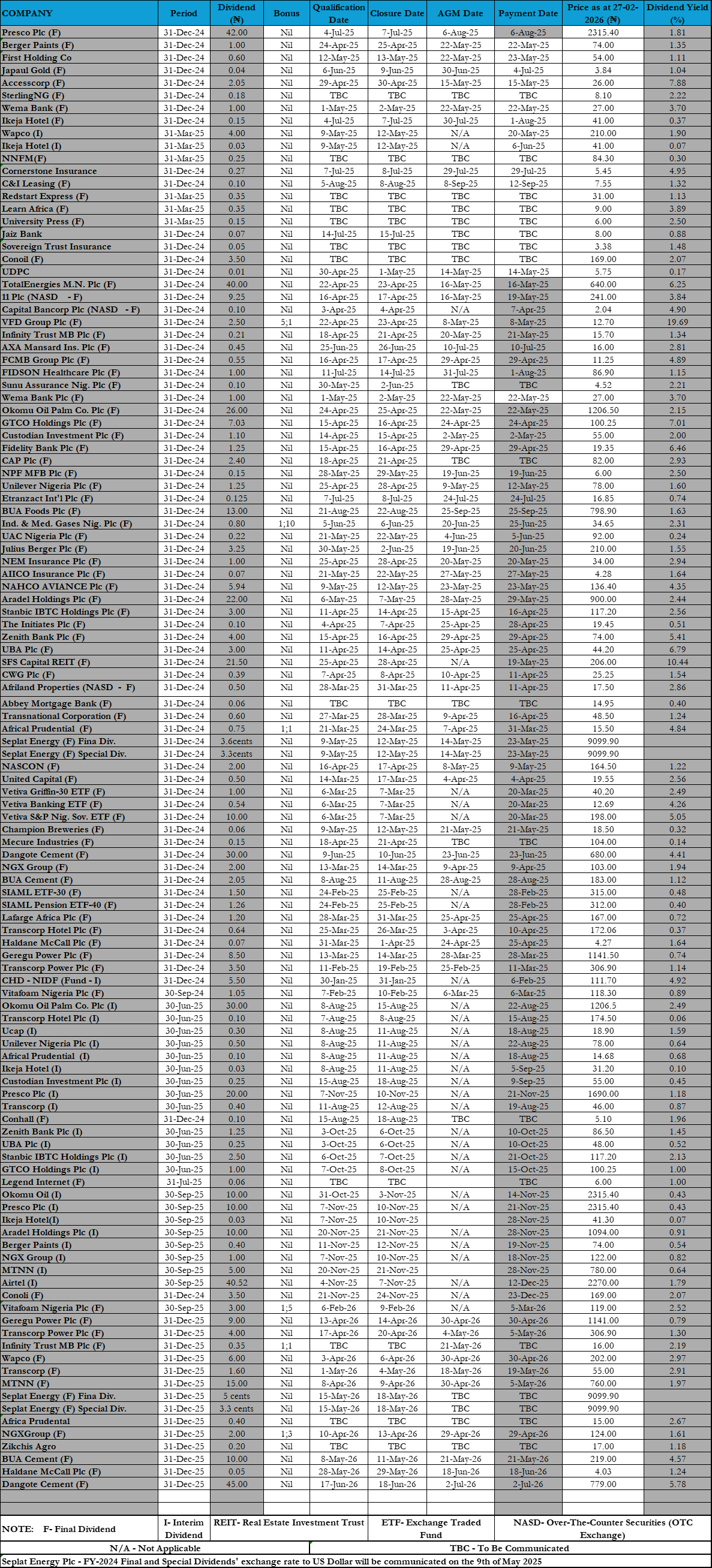
Offers N0.85 Interim Dividend
Fidelity Bank Plc, at the weekend presented its audited result for the half-year ended June 30, 2024, showing increases in gross earnings, on the back of equally robust leap in interest income, even as the management successfully contained growth in fee and commission expense. There was also an improvement in risk management, as loan loss provision tumbled, leading to an even more significant in profit before and after tax. The board has recommended an interim dividend of 85 kobo for every 50 kobo share, amounting to N27.2bn “from Retained Earnings as at 30 June, 2024, subject to withholding tax.”
Gross earnings grew by N265.764bn or 107.55%, driven by the N314.992bn from retail banking customers, up from the previous N130.981bn; followed by N107.509bn, compared to N65.373bn from the investment banking segment; while the balance of N90.362bn, compared to N50.748bn in the prior half-year was derived from the corporate banking group.
Interest and similar income closed at N363.959bn from N190.423bn, with interest income on customer loans and advances contributing the lion’s share of N286.11bn from N164.036bn. Other interest and similar income stood at N109.277bn from a N518m. Interest and similar expense rose from N82.077bn to N146.83bn, boosted by the N75.08bn interest paid on term deposits, up from N49.814bn; followed by debts issued and other borrowed funds amounting to N37.756bn from N14.985bn, This resulted in net interest income of N326.406bn from the previous N107.828bn.
Fee and commission income increased to N35.055bn from N24.146bn, led by income from letters of credit totaling N7.565bn, from N2.321bn; travellers’ cheques and foreign bills worthy N5.266bn, as against N2.11bn; followed by the N4.522bn earned in ATM charges, a drop from N5.981bn.
Fee and commission expense fell to N3.858bn from N7.665bn. Other operating income slumped to N4.573bn from N33.049bn, after net foreign exchange gains fell to N3.425bn, from the prior half-year’s N32.163bn; net gains from financial assets increased to N34.69bn from N23.448bn; personnel expenses grew to N26.752bn from N17.287bn; depreciation and amortisation stood at N4.651bn from N3.227bn; as other operating expense doubled from N64.036bn to N128.579bn.
Profit before tax soared to N200.872bn from N76.334bn; while the rise in income tax expense for the period from N14.339bn to N41.038bn, left profit after tax N159.834bn from N61.995bn, representing a 151.81% growth. This translated to earnings per share of N4.99, from N1.93 each.
On the balance sheet, total assets rose marginally from N6.234tr at the end of December 2023 to N7.93tr after customer loans and advances grew from N3.092tr to N3.752tr. Total liabilities stood at N7.301tr from N5.797tr, driven mainly by customer deposits which grew from N4.014tr to N5.379tr, just as other liabilities declined to N955.202bn from N1.152tr.
A further breakdown of the figures shows that Fidelity Bank remains a significantly Nigerian bank, as shown in its financials for the period under review. The Nigerian business accounted for N505.259bn of its earnings and N158.565bn net profit, while the UK business contributed N7.605bn in earnings, up from N3.065bn and managed to post a profit of N1.269bn, compared to the previous N78m loss.











